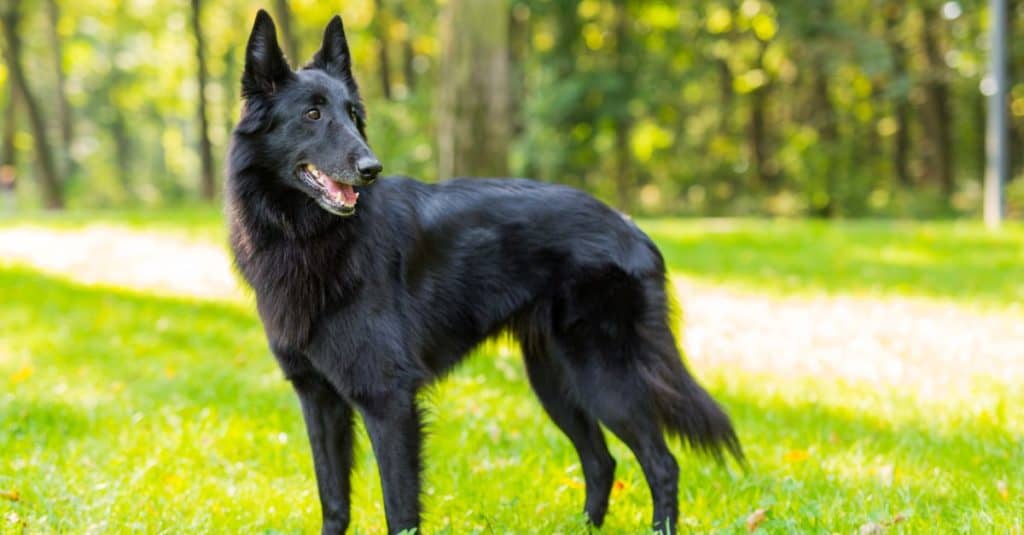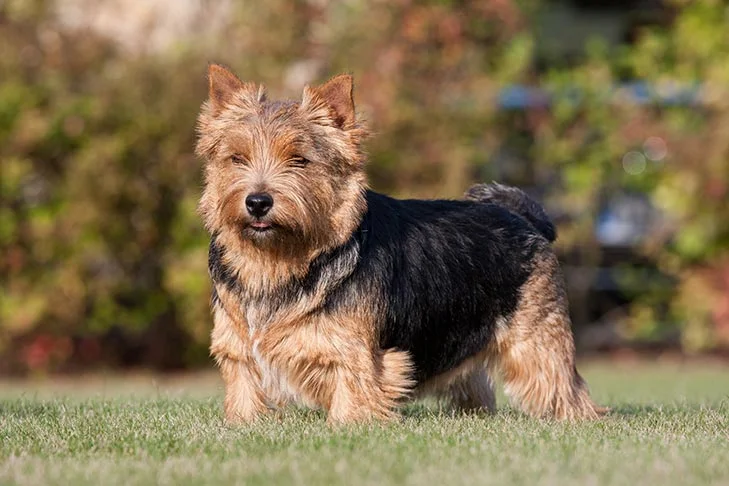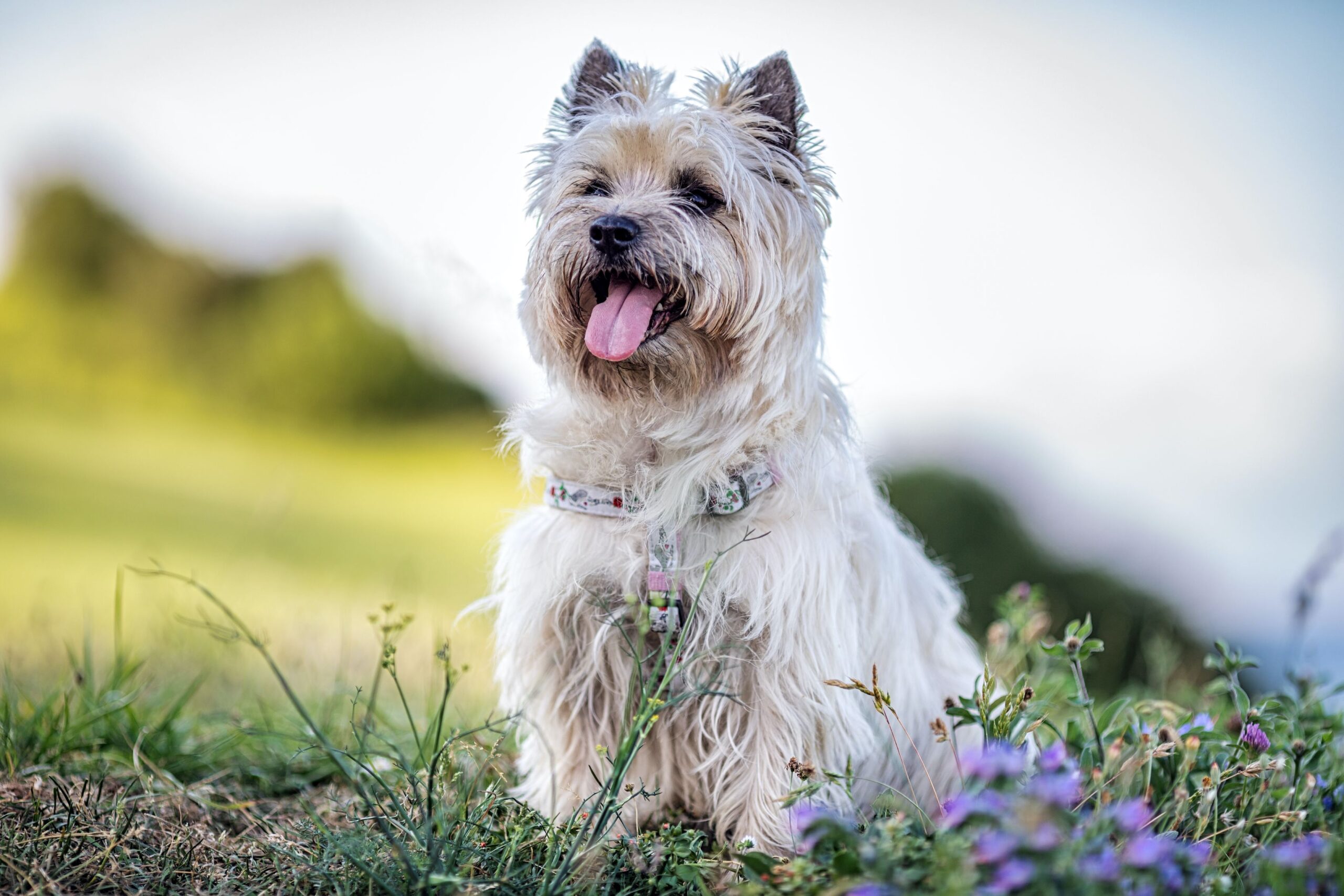
Introduction
The Belgian Shepherd, also known as the Belgian Sheepdog, is a highly intelligent and versatile breed that originated in Belgium. There are four distinct varieties of Belgian Shepherds: the Groenendael (also called the Black Belgian Shepherd), the Tervuren (also called the Fawn Belgian Shepherd), the Malinois, and the Laekenois. Each variety has its own unique physical characteristics and temperament but shares an overall reputation for loyalty, trainability, and athleticism. Belgian Shepherds are often used as police and military dogs, search and rescue dogs, and as family pets for those who are willing to devote the time and energy required to properly care for this active and intelligent breed.
Belgian Shepherd Temperament
The Belgian Shepherd breed is known for its intelligence, loyalty, and high energy level. They are alert and protective, making them excellent watchdogs and guardians. Belgian Shepherds are also highly trainable and excel in obedience, agility, and other dog sports. However, due to their herding background, they may have a strong instinct to chase and herd small animals, including children, which should be closely monitored. Belgian Shepherds thrive in an active and structured environment, with plenty of exercise, mental stimulation, and positive training techniques. With proper socialization and training, Belgian Shepherds can make loving and devoted companions for those who are willing to commit the time and effort required to care for this intelligent and energetic breed.
Aggression in Belgian Shepherd
Aggressive behavior in Belgian Shepherds can be caused by genetics, lack of socialization, fear, and improper training. Proper training, socialization, exercise, and positive reinforcement techniques are crucial in preventing and managing aggressive behavior. Seeking professional help from a veterinarian or certified dog behaviorist is recommended for Belgian Shepherds exhibiting aggressive behavior. With proper care and attention, most cases of aggression in Belgian Shepherds can be successfully managed.
Health and Lifespan of Belgian Shepherd
The reported lifespan range for Belgian Shepherds is typically between 10 to 14 years. However, like with any breed, the lifespan of an individual dog can be influenced by various factors such as genetics, diet, exercise, and overall health. Proper care, including regular exercise, a healthy diet, and routine veterinary check-ups, can help ensure that your Belgian Shepherd lives a long and healthy life.
Food for Belgian Shepherd

The best food for a Belgian Shepherd will depend on their individual needs, age, and activity level. A high-quality dog food that is formulated specifically for large breeds and contains essential nutrients like protein, fats, and vitamins is recommended. Look for dog food brands that use high-quality protein sources such as chicken, lamb, or fish, and avoid foods with fillers or artificial ingredients. It is also important to feed your Belgian Shepherd the appropriate amount for their size and activity level to maintain a healthy weight. Consulting with a veterinarian can help determine the best food and feeding schedule for your Belgian Shepherd.
Training for Belgian Shepherd
Training a Belgian Shepherd requires patience, consistency, and positive reinforcement techniques. Start with basic obedience commands like sit, stay, come, and down, and gradually work up to more advanced commands and dog sports like agility and tracking. Belgian Shepherds thrive in a structured and active environment, so providing plenty of exercise, mental stimulation, and socialization is important. Positive reinforcement techniques, such as treats, praise, and play, should be used to reward good behavior and discourage undesirable behavior. Consistency in training is key, and it is important to avoid using physical punishment or harsh training methods that can lead to fear or aggression. Consider working with a professional dog trainer or attending obedience classes to help establish a strong training foundation for your Belgian Shepherd.
Conclusion
In conclusion, the Belgian Shepherd Dog is a loyal and highly intelligent breed that has been widely recognized for its versatility and working abilities. This breed comes in four varieties – the Groenendael, Tervuren, Malinois, and Laekenois – each with their own unique characteristics, appearance, and temperament. Belgian Shepherds are known for their exceptional obedience, athleticism, and courage, making them highly desirable as working dogs in various fields such as law enforcement, search and rescue, and therapy work. As with any breed, proper training, socialization, and exercise are essential for a happy and healthy Belgian Shepherd. Overall, the Belgian Shepherd is a wonderful companion and working partner that is sure to bring joy and excitement to any household.


